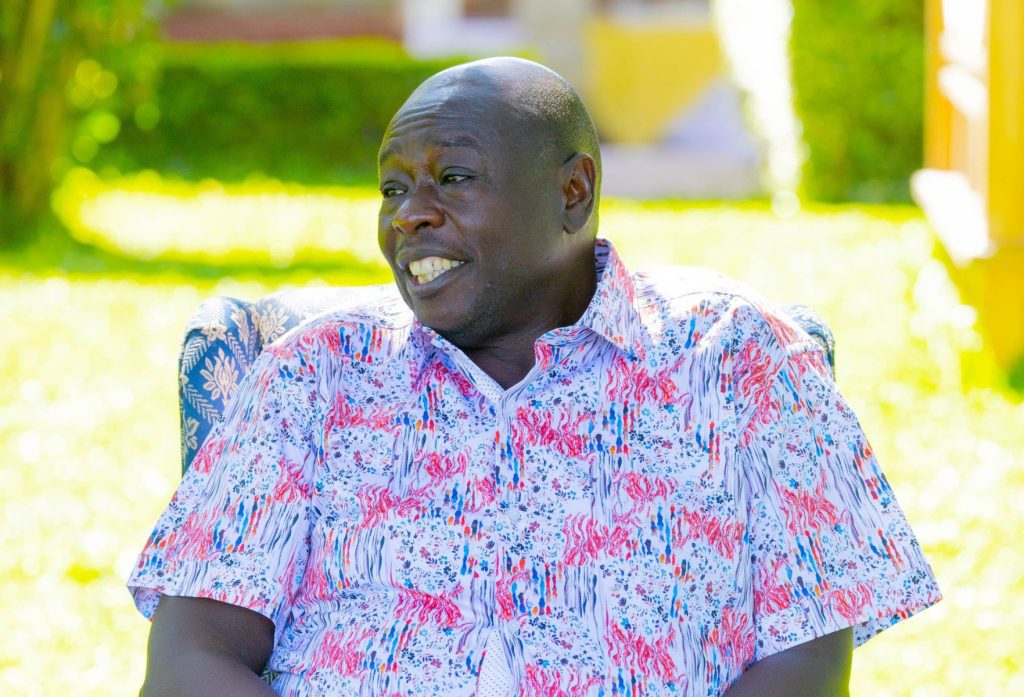Former Deputy President Rigathi Gachagua has declared that his impeachment does not bar him from contesting in the 2027 elections, claiming that he retains the constitutional right to run for office.
Speaking on Tuesday, February 4, 2025, during an interview with local radio stations, Gachagua dismissed claims that his impeachment had ended his political career, citing past instances where leaders vied for office while facing legal battles.
“It is not a must that I be Kenya’s leader; there are many people who can lead. I will be part of the team that will make decisions. But no one has stopped me from running for office—I have an ongoing court case,” he said.

Gachagua referenced President William Ruto and former President Uhuru Kenyatta, noting that both ran for office in 2013 while facing charges at the International Criminal Court (ICC).
“Uhuru Kenyatta and Ruto ran for office while they had cases at The Hague. Kenya’s Constitution is clear that if you have a pending court case, your right to contest for a seat cannot be taken away. So, if I want to run, I will run,” he said.


However, Gachagua maintained that his immediate priority is not his political future but rather how to address the challenges facing Kenya.
“But that is not important right now. What matters most is how we organize and plan for this country,” he noted.
Legal standpoint
Gachagua’s assertion that he is eligible to contest in 2027 may encounter legal challenges, especially given past rulings and constitutional provisions regarding leadership and integrity.
In the lead-up to the 2022 general elections, the issue of whether impeached public officials can run for office arose when former Nairobi Governor Mike Mbuvi Sonko attempted to vie for a seat.
Sonko was impeached by 88 Members of the Nairobi County Assembly (MCAs) on December 3, 2020.
The case went to the Senate on December 17, 2020, where the resolution to remove him from office was upheld.
Following the Senate’s decision, Sonko appealed to the Supreme Court to contest his ouster.


PHOTO/https://www.facebook.com/mikembuvi.sonko.7
In July 2022, the Supreme Court ruled that Sonko’s impeachment rendered him unfit for public office, reinforcing the precedent that impeachment has lasting implications on political eligibility.
The Supreme Court affirmed its decision under Chapter Six of the Kenyan Constitution.
According to this chapter, individuals seeking public office must demonstrate ethical behaviour and integrity.
Article 75(3) states that a person dismissed or removed from office due to violations of integrity provisions is barred from holding any other state office.
“Chapter Six of the Constitution was not enacted in vain or for cosmetic purposes. The authority entrusted to a state officer is a public trust that must be exercised in a manner that respects the people, upholds the nation’s honour, and promotes public confidence in the integrity of the office. It is the responsibility of the state officer to serve the people, not to rule over them,” the Supreme Court stated in its ruling on Sonko’s case.
Similarly, Ferdinand Waititu’s attempt to run for governor in 2022 was thwarted by the Independent Electoral and Boundaries Commission (IEBC) after a High Court ruling confirmed his ineligibility due to impeachment.










